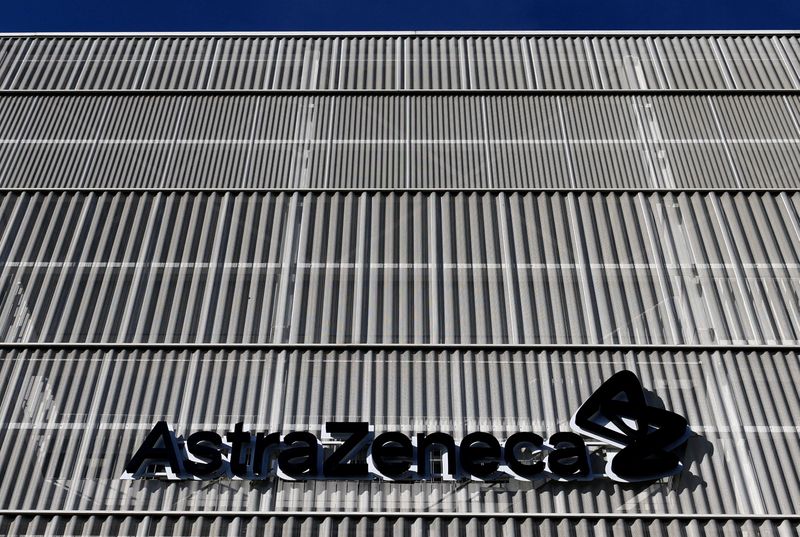By Maggie Fick and Yadarisa Shabong
(Reuters) -Drugmaker AstraZeneca (NASDAQ:AZN) lifted its annual sales and profit forecast for the second time this year on Tuesday, helped by strong demand for its cancer and rare diseases medicines, after third-quarter results beat estimates.
The London-listed company doubled down on plans for U.S. expansion, announcing $2 billion in new spending on research and development and on plants that manufacture biologics medicines and cell therapies.
That brings the total it will invest in the country to $3.5 billion by the end of 2026. The new investments will expand manufacturing sites in Maryland, Texas and California and create 1,000 high-skilled jobs in the country, it said.
"Our multibillion dollar investment reflects the attractiveness of the business environment together with the quality of talent and innovation capabilities here in the United States," CEO Pascal Soriot said in a statement the week after Donald Trump won the U.S. election.
Soriot also said the company aims to enhance development of cutting-edge therapies and "support the United States leadership in healthcare innovation".
AstraZeneca now expects high-teens percentage growth in 2024 revenue and core earnings per share, from a previous forecast of mid-teens percentage growth at constant currency rates.
Revenue from the company's cancer drugs business grew 21% in the quarter, driven by sales of blockbuster medicines Enhertu and Tagrisso, while revenue from the respiratory and immunology therapies unit grew 24%, both at constant exchange rates.
AstraZeneca shares have fallen nearly 6% this year, underperforming a near 9% rise in the wider European healthcare sector. In the past three months, shares have dropped about 17%, reflecting market unease with the company's Chinese business amid multiple investigations by national authorities.
Despite the positive results, shares fell as much as 1.4% and at 1045 GMT were down 0.9%.
"Investor sentiment is clearly focussed on the company's issues in China," said Lucy Coutts, investment director at wealth management firm JM Finn, which holds AstraZeneca shares. She said that the recent share drop on the China issues - which wiped more than $20 billion from the company's market value - "seems excessive and any real impact is likely to be far less".
Barclays (LON:BARC) analysts said they expect more commentary from Chief Executive Soriot on an analyst call at 1400 GMT: "The more we hear from the CEO, the more we think investors may feel comfortable with this situation."
CHINA CONCERNS
Last week the company said its China president Leon Wang had been detained by Chinese authorities, and that it did not know why. "We take the matters in China very seriously," Soriot said on Tuesday.
The company has invested heavily in China, the world's second-largest pharmaceuticals market after the U.S., with the local business contributing 13% of group revenue last year.
AstraZeneca said last week its chief financial officer had briefed sell-side analysts on Nov. 6 to quell concerns about a fraud probe expanding in China following a report by financial media company Yicai a day earlier that led its shares to plunge more than 8%.
The company reiterated on Tuesday that it has not received notification from Chinese authorities that the company itself is under investigation, but if requested will cooperate with the Chinese authorities.
Third-quarter revenue in China came in at $1.7 billion, up from $1.5 billion a year earlier, representing growth of 15% at constant exchange rates. U.S. revenue in the quarter was $6 billion, representing growth of 23% at constant exchange rates.
AstraZeneca also said, along with its partner Daiichi Sankyo, it has submitted a new biologics license application for the accelerated approval in the U.S. for its experimental precision drug datopotamab deruxtecan.

The approval relates to use of the drug for the treatment of adult patients with a type of non-small cell lung cancer who have received prior therapies.
Analysts and investors saw the new application as positive, saying it increases the chance of approval of the medicine for that patient group.